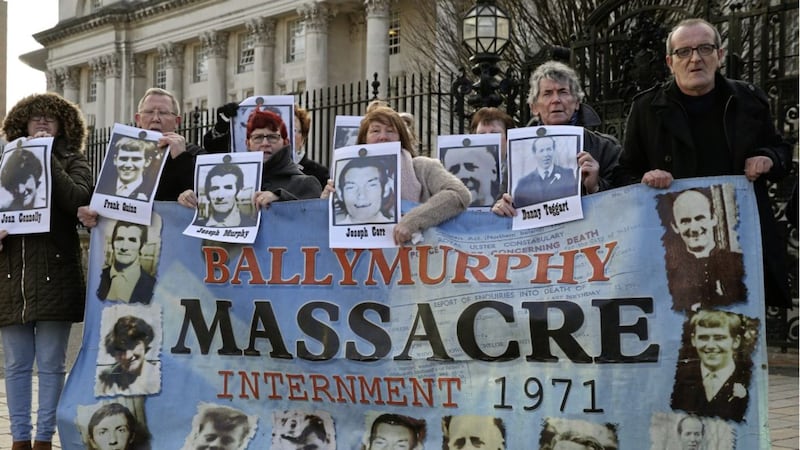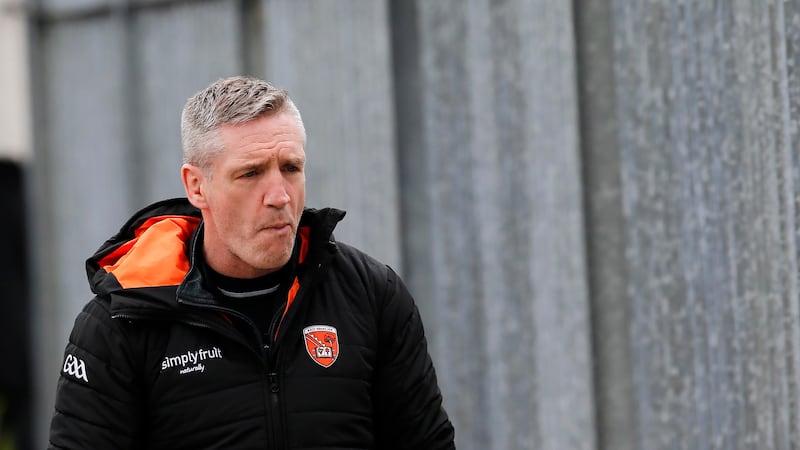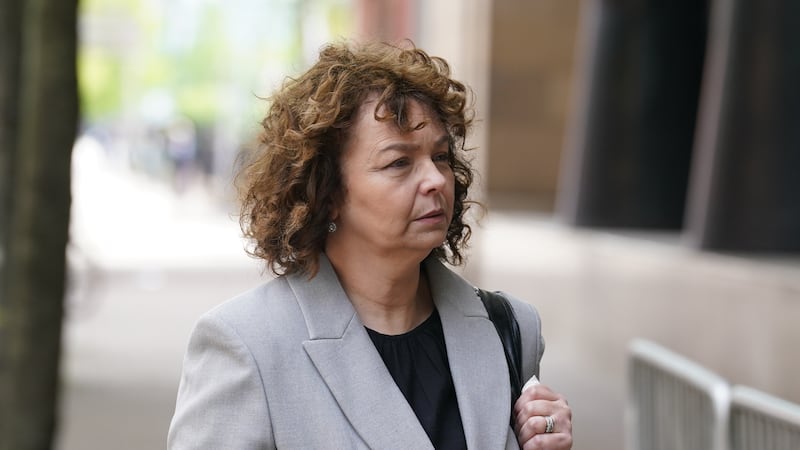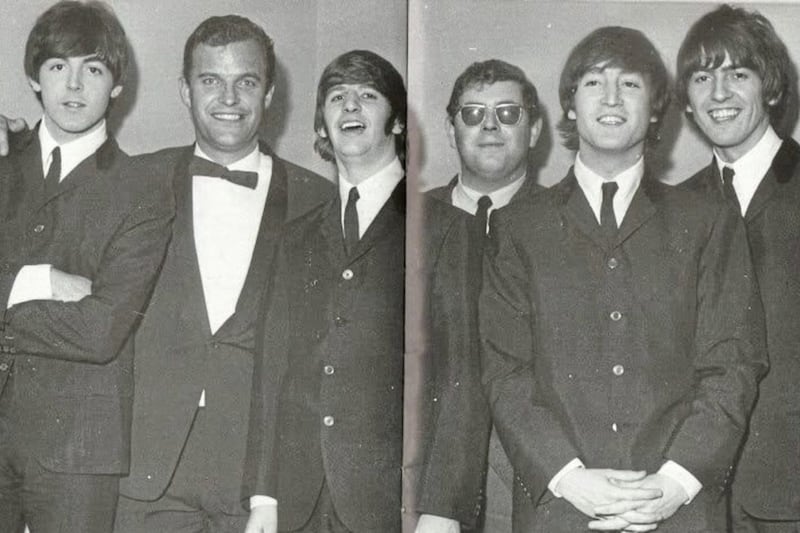THE relatives of ten people shot dead over three days in west Belfast in 1971 in an event that would become known as the Ballymurphy massacre have over the years been dignified but persistent in their pursuit of truth and justice.
While the hope of justice in the traditional judicial sense fades with each year that passes, truth and recognition of the role of the British army and the state in their loved ones' deaths remains at the forefront of their campaign.
Securing a fresh inquest into the killings - which included a Catholic priest and a mother of eight - has been an arduous task, one paved with disappointment and setbacks over timing, disclosure and, of course, funding for the coroners' court hearing due to start in September.
While campaigners are of the belief that all ten fatalities were caused by the Parachute Regiment with the Queen's Own regiment also stationed in the area, it was common knowledge at the time that loyalists had been using vantage points in the loyalist Springmartin estate to fire into the Catholic area.
Read more:
- UVF name murdered loyalist as Ballymurphy sniper
- Ballymurphy massacre campaigners sceptical about UVF claims
- Ballymurphy Massacre: Victims killed hours after internment introduced
The families have a right to be sceptical of UVF intervention in the case this week, but they must also not dismiss out of hand any new information provided.
The Fresh Start Agreement relies heavily on former paramilitary groups engaging in truth recovery.
To date representatives from both loyalist and republican groups have indicated a willingness to engage but so far none have delivered.
In a statement released last month at a press conference attended by members of the Loyalist Communities Council, it was said that loyalists, including the UVF, "recognise the importance of a legacy process" . Talks between senior members of that group and what they have now referred to as an 'interlocutor' have been going on for some time.
This has resulted in information on the alleged Ballymurphy sniper, thought to be murdered loyalist Trevor King, and the weapon he was using at that time being provided to the coroner.
While this should not take away from the main investigation, it should also not be disregarded.
Truth recovery linked to the conflict is never going to be a palatable process. It may even change pre-existing narratives and some people will be bitterly disappointed at what they hear. But politicians cannot overwhelmingly endorse a truth recovery process and then disregard what they see as the wrong kind of truth.
Being suspicious of the UVF's motives is a perfectly understandable position for victims to take. But closing the door on possible answers, because it might pressurise the other side into reciprocating, is short-sighted and casts doubt on previous pledges to engage fully with proposed legacy mechanisms.







